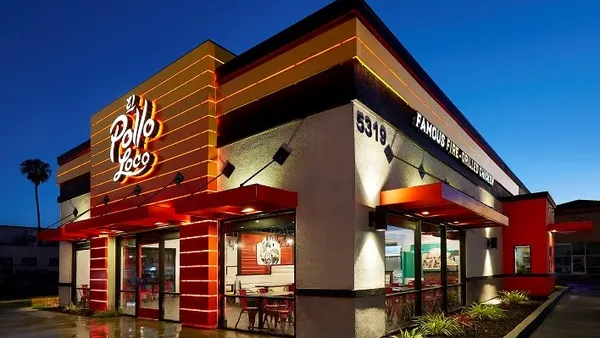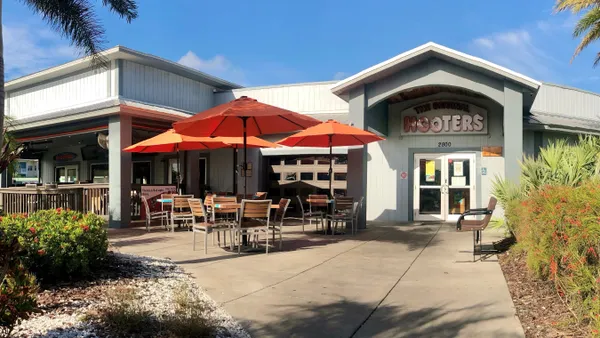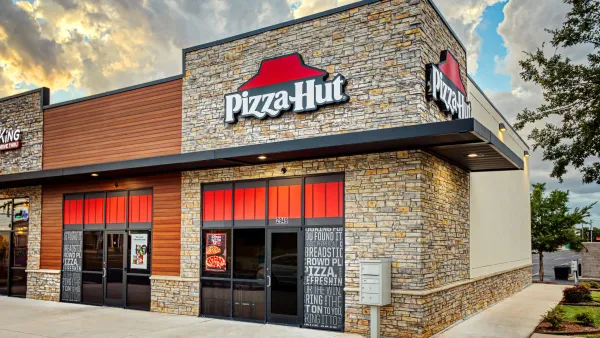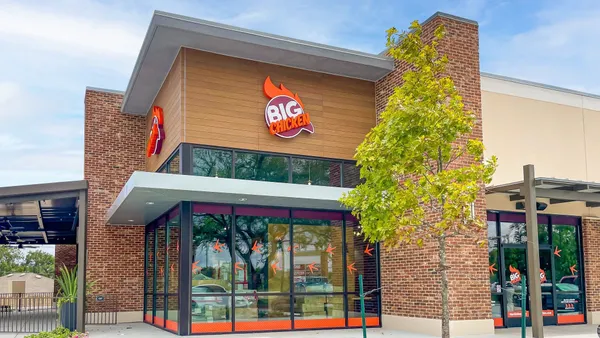Prior to buying Koala, the company's first acquisition, Chowly’s management knew it wasn’t interested in a buyout for consolidation alone, Chowly CEO Sterling Douglass said. Finding an acquisition target with a complimentary culture and brand mission was key to ensuring customers benefit.
“If you look at a lot of acquisitions in the space, I think that you find that especially when big companies buy smaller startups, they end up getting shut down within a year or two and never quite achieve that synergy,” Douglass said. DoorDash, for example, shuttered Chowbotics just 18 months after acquiring it after seeing that the salad making robots weren't meeting internal benchmarks.
“For me, it’s really important that we’re focused on [making] sure that we’re going to be successful together,” he said.
Restaurant technology consolidation is still driven by the large amount of venture capital raised by startups from 2019 to 2021, Douglass said. Startups were created to offer specific tools for restaurants and market niches, like pizza or independent restaurants, he said. As these companies grew, several have combined with larger players to focus on a combined platform, Douglass said. Toast, Lunchbox, DoorDash and Olo are among the tech firms that have bought emerging concepts within the last year.
Acquiring Koala’s online ordering capabilities made sense for Chowly, which integrates point-of-sales systems with third-party marketplaces. Building an online ordering platform in-house and doing it well is deceptively difficult, Douglass said. Olo does well in the enterprise space, but for SMB companies, Douglass feels online ordering platforms fall into two classes: they are either good operationally but don’t have a good user experience, or they have a great user experience, but struggle with the back-end.
“Restaurants are a very complicated business model,” Douglass said. “It’s very rare that we found online ordering companies that do well in both.”
Chowly is an expert in moving data between systems, but becoming an expert in user experience would be too big of an undertaking, he said. Koala’s expertise in the front-end allows Chowly to bring both focuses together.
Koala offers many features that e-commerce sites selling traditional online ordering tools don’t include. For example, Koala focuses on boosting conversion rates, making sure that if a customer starts an order, they end up finishing it. The tech also tracks ordering patterns to provide recommendations on upselling, and on which items pair well, Douglass said. But Koala’s biggest benefit would be to bring enterprise-level online ordering to Chowly’s small- and mid-size business clients, he said.
“Chowly is always trying to simplify technology for restaurants. That’s our mission. There’s really good alignment there [with Koala],” Douglass said.
Although many restaurants are looking for one-stop platforms, many are still picking and choosing companies based on which platforms do specific tasks well. A POS company expanding into online ordering may not do as well with online ordering as a company that specializes in it, Douglass said. The key for restaurants is to assess different options to ensure their choices drive more revenue, he said.
Chowly won’t immediately combine its products with Koala, and expects to launch additional products in roughly six months. Restaurants will have the ability to sign up to be part of beta testing or to learn about the new product.














